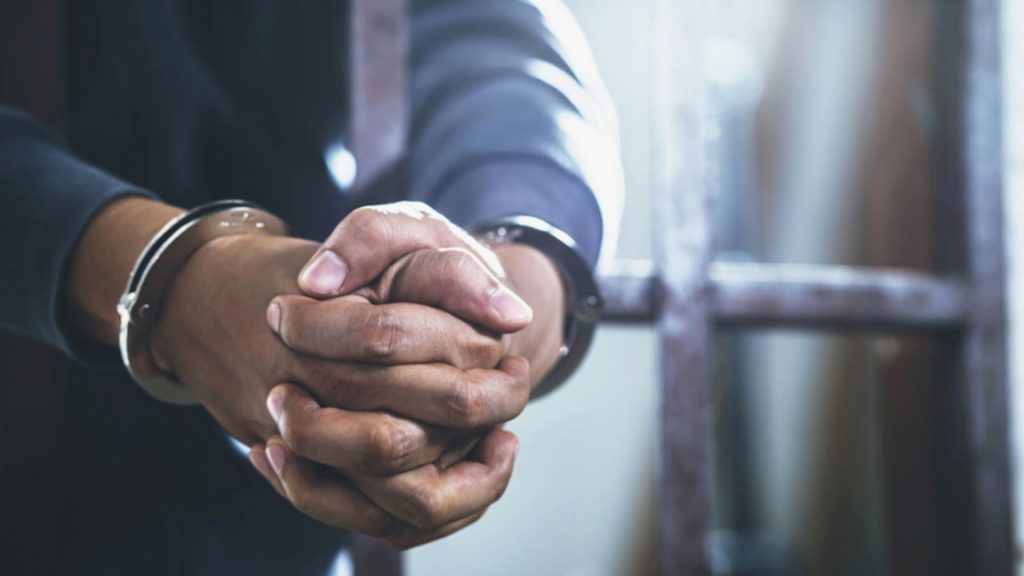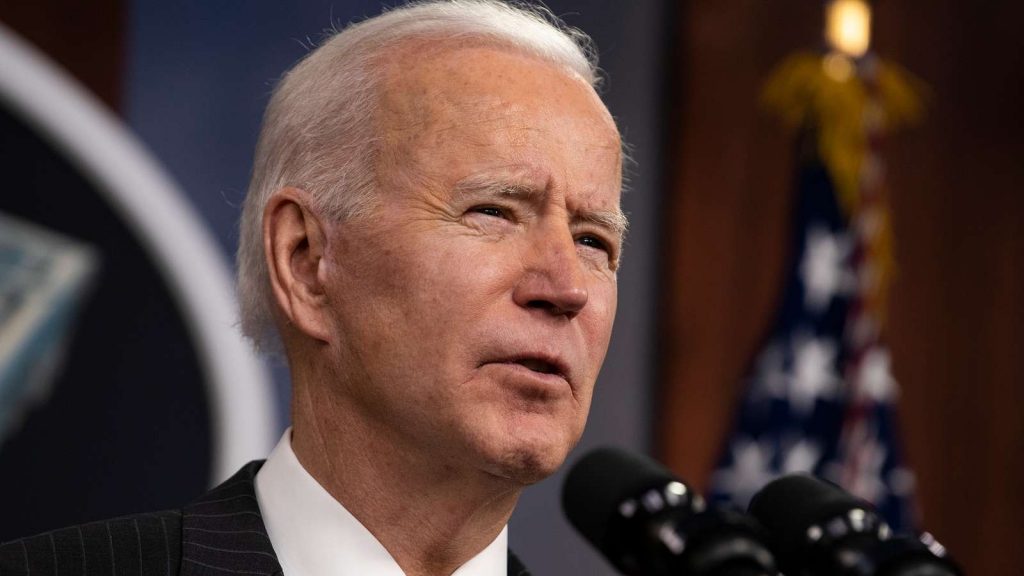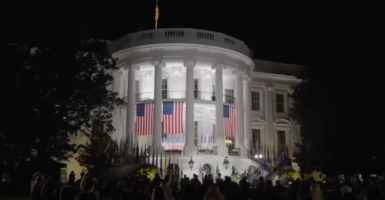How The War On Drugs Made Some Borrowers Ineligible For Student Loan Forgiveness
Policies championed by Biden regarding America's war on drugs have left some ineligible for student loan forgiveness.

The newly enacted federal student loan relief program is affecting all Americans, but some more than others. Reports on who it is benefiting the most are being discussed, along with estimates for exactly how much it will cost the nation. But one conversation not so openly mentioned is who it isn’t helping, and that’s thousands of Black and Hispanic students who were denied access to pell grants because of the war on drugs.
President Biden himself championed the anti-crime legislation as a senator in the 80s and 90s. With stiff consequences, America’s war on drug policy prohibited convicted drug offenders from applying for federal student loans and pell grants. This disproportionately affected Black and Latino men, who made up the majority of convicted felons for this charge, and means that many are now denied student loan relief under the new policy because they had no other choice than to take out private loans which don’t qualify.
The incarceration rate for men of color drastically rose during the 90s after Biden helmed a movement to enact stricter punishment in the war on drugs. According to ACLU, nearly one in three men of color are imprisoned between the ages of 20 and 29. Likewise, about one in five incarcerated individuals were placed in state or federal prison with a criminal charge — some being minor marijuana offenses — with the drug charge being their worst or only offense.
Even after being released from prison, the war on drugs policy still affected these minorities looking to gain a college degree. Because of policies pushed through by Senator Biden in the 90s, the war on drugs made it so these individuals could not apply for federal student loans or pell grants. What’s more, many were likely discouraged from seeking potential financial aid through FASFA, because the application required them to disclose any drug records.
Plans for the student loan forgiveness program allow federal borrowers to receive $10,000 of their current balances canceled. Pell grant recipients, however, can obtain up to $20,000 in relief. The irony in this finding detailing how the war on drugs affected men of color is that the Biden Administration has praised the new movement for helping black borrowers. The majority of pell grant recipients are minorities, after all.
Melissa Moore, the director of civil systems reform at Drug Policy Alliance gave comments to Fox5 News about those affected by the war on drugs policies and student loan forgiveness. She insinuated that Biden should have done more for these previously incarcerated individuals, saying, “I think there’s a particular onus on this administration and on this president to be part of the solution for issues that he was very deeply involved in. For people who previously would have had to check that box, there should be some mechanism by which, if you were excluded in the past, you are prioritized now for relief.” Provisions in the war on drugs have since been removed, and these individuals today are allowed to apply for federal student loans and pell grants.

Despite this, the evidence shows how people of color will be significantly affected by student loan cancellation. When the 47th President announced his plan, he noted this, saying America’s whopping $1.6 trillion student loan debt particularly weighed heavy on Black borrowers. Given his history and involvement in restricting policies via America’s war on drugs, it will be interesting to see if he acknowledged any of this anytime in the near future. But for now, thousands of Black and Latino borrowers remain burdened with their private student loans, unable to qualify for relief.



